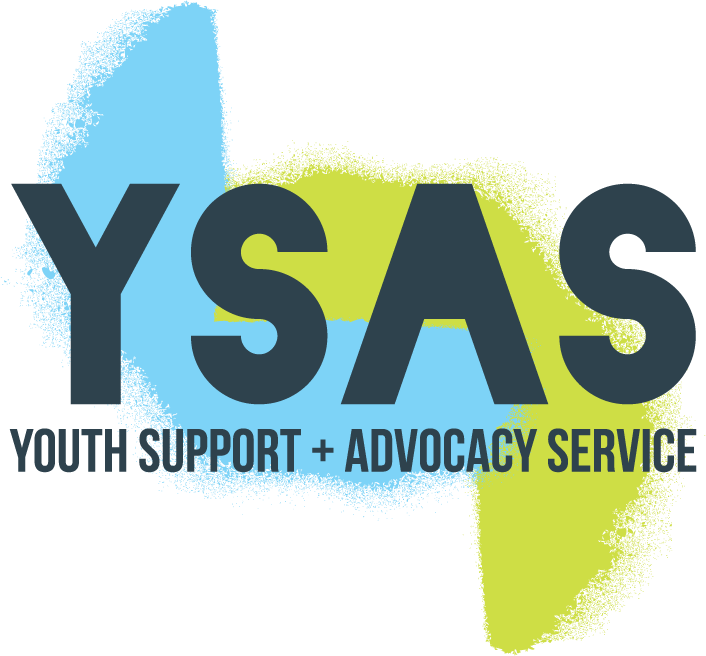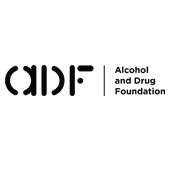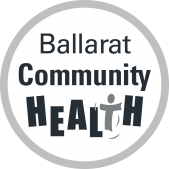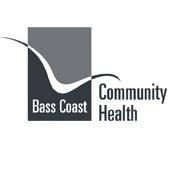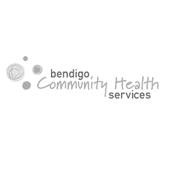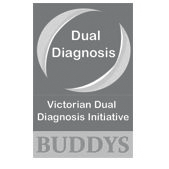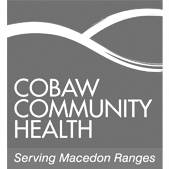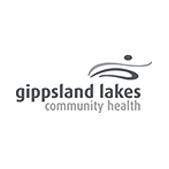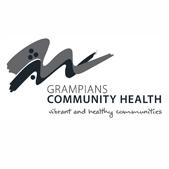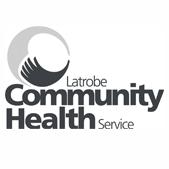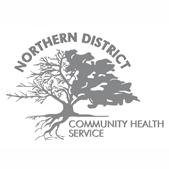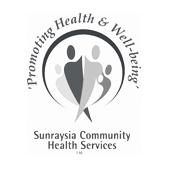Useful Tools
Finding a way to work on drug issues
If a young person is still at school, it’s likely that their drug use is not completely controlling their life. It’s important to engage with young people while they are still at school to do as much as possible to keep them engaged.
A common concern for teachers and well-being coordinators is that a student does not identify substance use as an issue for them. It’s of little use to enter a debate about this. Instead, it can be helpful to not focus on the drug use at all. The young person is likely to expect a line of questioning and to be defensive about their drug use and this is unhelpful. (Also check out how to raise your concerns about drug use)
Instead, ask the young person about things that they like doing that are not about substance use. It can be helpful to actually have the young person write this down or to draw it on a large piece of paper. Ask the young person to brainstorm things they like doing, that they are passionate about or that they have goals relating to. The happiness scale may be a good tool to start this. In doing this, you can create a list with the young person about their goals, passions or just things they enjoy. It is important to keep the activity focused on what the young person likes and not to compare these with substance use.
This is a good way to build a relationship with a young person as you are not seeking to fix a ‘problem’ that you have identified for them. Instead, you are seeking to help them to do things that they like which are do not involve using drugs.
As the relationship develops, whilst helping a young person access the activities or achieve the goals they have set, opportunities to explore drug use will naturally occur. Ask questions such as, ‘Where does your drug use fit in with your goal to ......?’ and "Is your use of (drug) helping you with your passion?" This will help young people to make links between their substance use and how it affects other parts of their lives.




